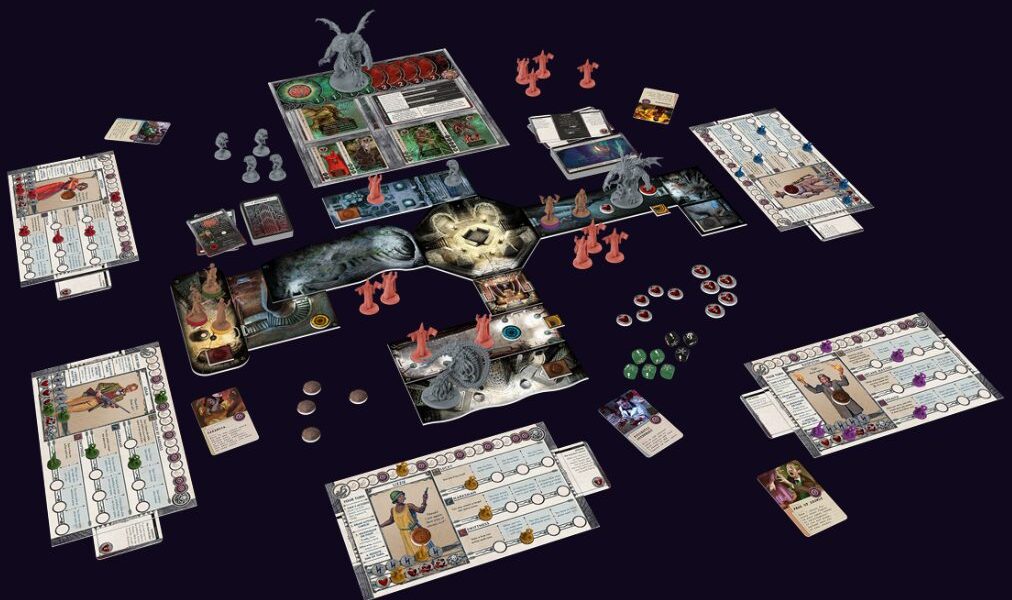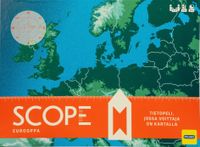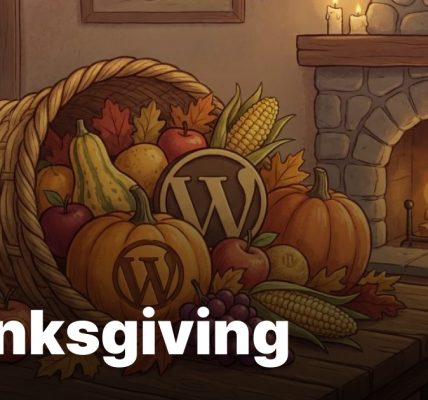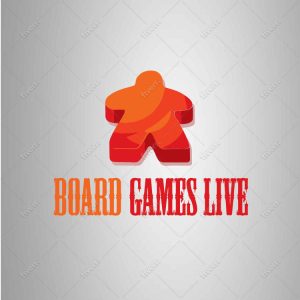Financially-troubled board game publisher CMON‘s latest attempt to sell new shares to raise capital for the business has fallen through.
Hong Kong-listed CMON had hoped to sell more than 360 million newly-created shares in a process which would have valued the company at just over $5m, with the money raised going towards developing new games, marketing and events, and general working capital.
That process was expected to see at least six new shareholders brought in by placement agent Grand China Securities, conditional upon the deal getting the green light from the Hong Kong Stock Exchange by noon on November 7.
But CMON announced later that day that the conditions for the share sale had “not been fully satisfied”, with the company’s board adding that it believed the lapsed agreement would have “no material adverse impact on the business”.
The board added that the company would continue to seek fundraising opportunities, but did not provide specific details.
CMON did not respond to a BoardGameWire request for comment and context on why the share sale did not go ahead, or whether it plans to relaunch a similar share sale process soon.
CMON has been scrambling to stem growing losses since the start of this year by laying off staff, halting new game development and campaign launches, and selling off a string of its biggest IPs.
The company posted losses of nearly $7m in the first half of this year to follow a $3m loss across 2024 – figures which dwarf the overall $4.2m profit it managed to make over the previous nine years combined.
CMON currently has eight undelivered crowdfunding campaigns, which raised about $18m, as well as another eight pre-ordered games still to make their way to backers.
Hints of financial trouble at the crowdfunded board game specialist began to appear last September, when BoardGameWire reported that CMON‘s mid-year revenue had fallen for the first time since the pandemic to just over $15.9m – with slumping wholesale earnings putting a dent into the company’s H1 results.
Prior to the scale of the 2024 and 2025 losses becoming public knowledge earlier this year, CMON had already made significant moves to bolster its bottom line.
It entered the year with an agreement to sell some its intellectual property in a $12m deal, and with two new shareholders due to invest about $1.39m into the business by picking up a combined 16.66% stake in the company.
Those new shareholders ultimately failed to hand over the money for their stakes, however, while CMON terminated the IP sale in February after failing to agree terms.
Since then the company has sold IP including its most famous and profitable title, Zombicide, Eric Lang designs including Blood Rage and Rising Sun, the Cthulhu: Death May Die series, and Anastyr and Hel: The Last Saga – the latter two having only been bought from failed crowdfunding major Mythic Games 18 months earlier.
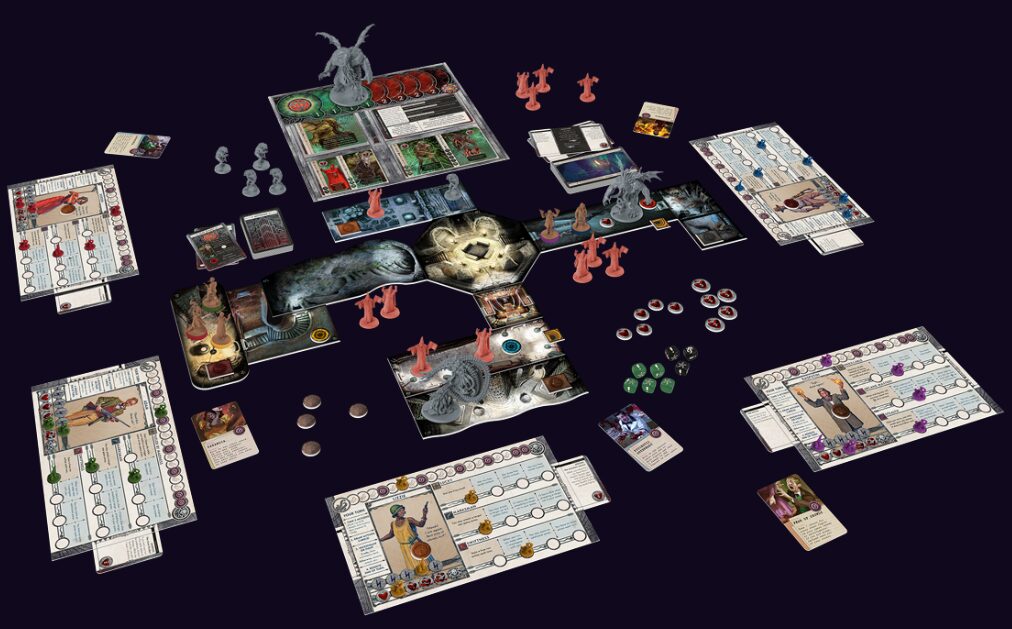
Last month the company sold off the global headquarters it bought in Singapore in 2017 to claw back about $2.4m – although that total is still a drop in the ocean for a business which saw its revenue slump by more than $12m in the first half of this year.
CMON has also recently added extra charges for backers of its Marvel United: Witching Hour and Cthulhu: Dark Providence pre-orders, asking backers to pay an extra $0.69 and $2.30 respectively to cover tariff costs it said it “cannot absorb given our current financial position”.
The company announced in July that rather than focusing on large scale, miniatures heavy crowdfunding campaigns, the company had pivoted to releasing several small-box games direct to retail, which it showed off at the Spiel Essen game fair at the end of last month.
Those titles include Collect!, Peanuts Talent Show, Fairy Perfume, Rocket Punch and Yokai Carnival.
Its remaining library of titles still includes big hitters such as the Marvel United range and DC Super Heroes United, which have raised more than $18m between them across four crowdfunding campaigns.
Last month the company acknowledged in an update shared across its Kickstarter and Gamefound projects that “rumors and panic” had been spreading given its lack of communication to crowdfunding backers, which it said had “resulted in us experiencing the highest number of refund requests in CMON’s history”.
It said, “This has created a vicious cycle: The slower fulfillment is, the more refund requests we receive. The more refunds we process, the fewer resources we have to accelerate fulfillment.
“With more resources funnelled into refunds over fulfillment, fulfillment slows down even further. This cycle has snowballed and grown into one of the toughest challenges we have ever faced.”
The company added at the time that staffing cuts it made earlier in the year had pushed its remaining team “to its limits”.
It said, “With a fraction of employees remaining, every day has been a balancing act between managing production, logistics, customer service, and financial obligations. We have been overwhelmed by the sheer volume of day-to-day tasks.”
The post CMON share sale to raise company funds falls through for the second time this year first appeared on .
